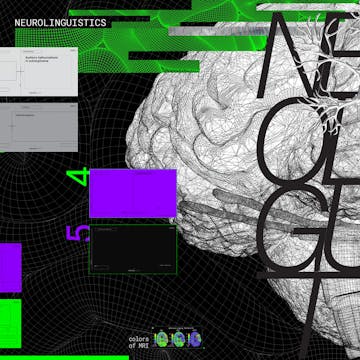

Neurolinguistics

This course introduces the key principles and goals of modern neurolinguistics. Neurolinguistics is a science that incorporates methods and paradigms of linguistics and neuroscience.
This course discusses the main units and organizational principles of the...
Read more
Good to know
Save this course
Reviews summary
Neurolinguistics: dive into the science of brain and language
Activities
Career center
Neurolinguist
Psycholinguist
Computational Neuroscientist
Cognitive Psychologist
Linguist
Neuropharmacologist
Neurophysiologist
Speech-Language Pathologist
Neuropsychologist
Neurologist
Neurosurgeon
Researcher
Science Writer
Teacher
Medical Writer
Reading list
Share
Similar courses
OpenCourser helps millions of learners each year. People visit us to learn workspace skills, ace their exams, and nurture their curiosity.
Our extensive catalog contains over 50,000 courses and twice as many books. Browse by search, by topic, or even by career interests. We'll match you to the right resources quickly.
Find this site helpful? Tell a friend about us.
We're supported by our community of learners. When you purchase or subscribe to courses and programs or purchase books, we may earn a commission from our partners.
Your purchases help us maintain our catalog and keep our servers humming without ads.
Thank you for supporting OpenCourser.

